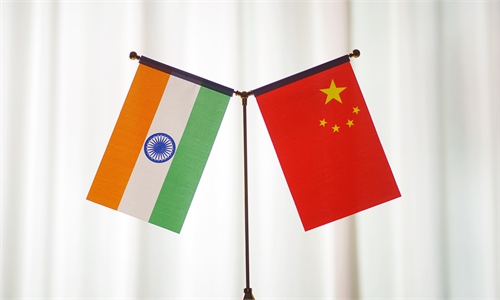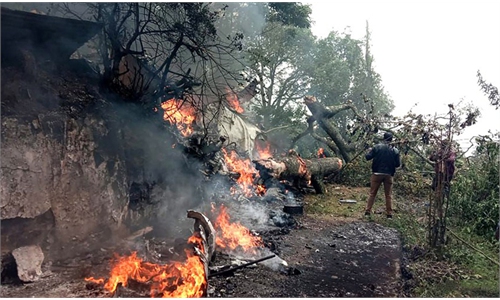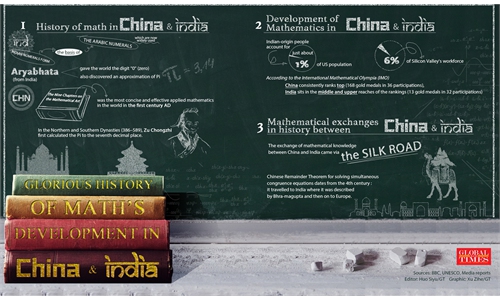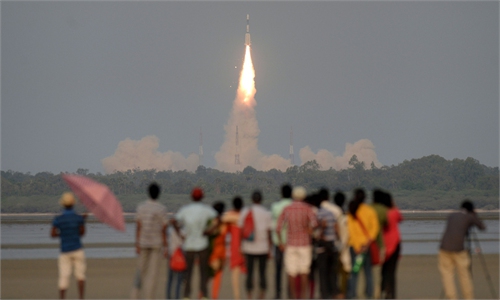Indian politician, media hype boy’s ‘kidnap’ in Zangnan, slammed as ridiculous anti-China slur
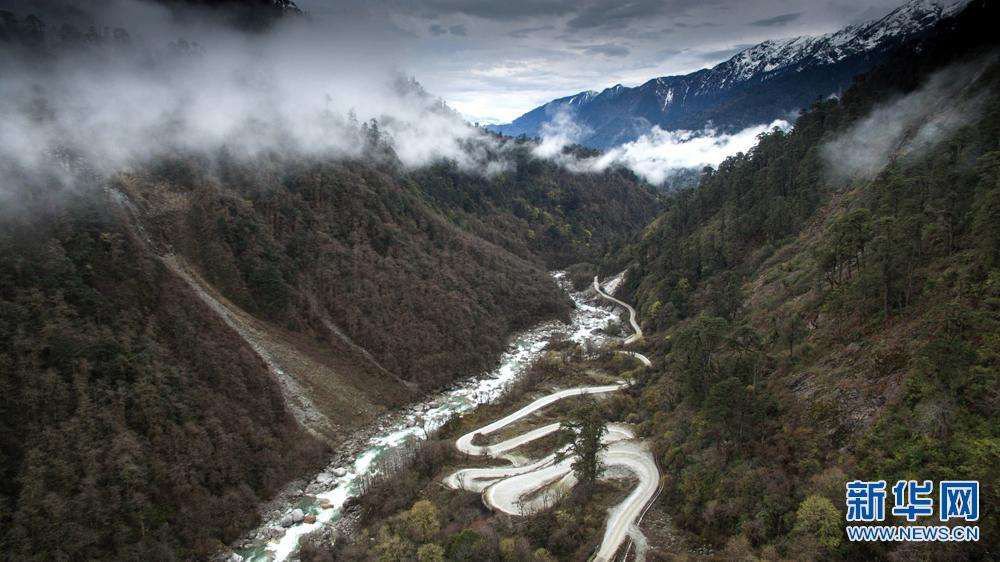
History justifies China's claim to Zangnan: FM
Same old tricks were played by some Indian media and politicians once again as they hyped that Chinese border soldiers had "kidnapped" a 17-year-old boy in Zangnan, in the southern part of Southwest China's Xizang Autonomous Region. However, both Chinese experts and Indian netizens questioned the authenticity of such irresponsible claims.
Citing Indian state parliament member Tapir Gao, India's NDTV on Thursday said that an Indian teenager named Miram Taron was "kidnapped" by the Chinese People's Liberation Army (PLA) from Zangnan.
Gao claimed that a friend of Taron named Johny Yaiying, who managed to escape, informed Indian authorities about the case. Both Taron and Yaiying are hunters from the same village, he said.
Gao said in a Twitter post on Wednesday that all the agencies of Indian government are requested to step up for Taron's early release. He also tagged Indian Prime Minister Narendra Modi and Defence Minister Rajnath Singh in his tweet
But some Indian people apparently disagreed with what Gao claimed.
"The boy is safe, stop spreading fake news," an Indian Twitter user replied to Gao. In another news post by ANI saying the boys were rescued by Indian soldiers, the netizen said "China didn't abduct anyone."
"I trust our Armed Forces more than any politician. And when they say not an inch will be lost, I trust them. I hope you do too. Incidentally, this same politician had claimed back in Nov 19 that China intruded 60 km deep! The Army denied that," another Indian Twitter user commented under Gao's post, casting doubt on the facts surrounding the incident.
Analysts said that it is not the first time that some Indian media and politicians have fabricated and hyped up similar issues. In order to attract attention, please voters in their regions, and cater to the anti-China sentiment, some Indian parliament members often talk wildly.
"We need to pay attention to the specifics and attitudes of the Indian government on this issue and not pay too much attention to individual politicians' words," Qian Feng, director of the research department at the National Strategy Institute at Tsinghua University, told the Global Times on Thursday.
Qian said that many areas of the China-India border are sparsely populated, and there is no obvious mark. Some border residents on both sides may get lost and stray into the area controlled by the other side and are detained temporarily. However, in accordance with the past practice, when such incidents occur, one side will promptly inform the other after learning the specific situation and repatriate the people.
Indian politicians and media often use the word "kidnap" as if the PLA is deliberately "illegally crossing the border to capture people," Qian said. "This is not only ridiculous, but also a slur against China."
Gao's irresponsible comments on the border incident came about a week after the 14th round of China-India corps commander level meeting, in which the two countries agreed to work for a resolution on the border issue as soon as possible and take effective steps to maintain security and stability on the ground.
Such a nationalistic and hateful narrative by Indian politicians and media poisons the atmosphere for continuous improvement of bilateral relations, Qian said.
In September 2020, Indian media played up that the PLA had "kidnapped" five Indian hunters from Zangnan. But the Global Times later learned that the five people were Indian intelligence agents disguised as hunters, and they were warned, educated and later released by the Chinese side.

